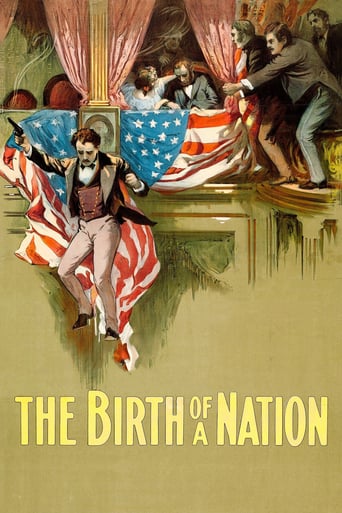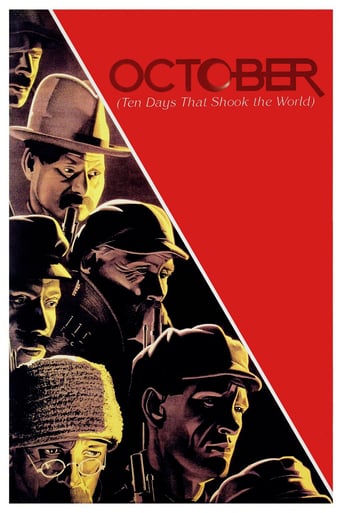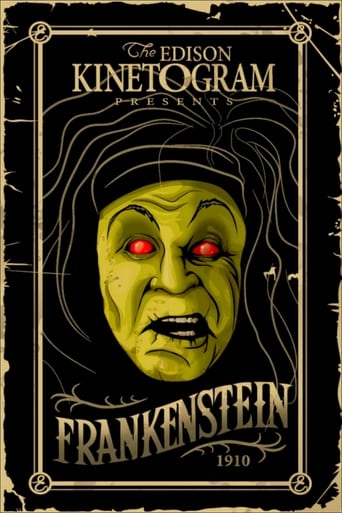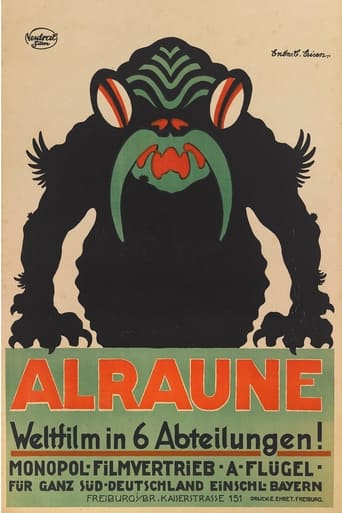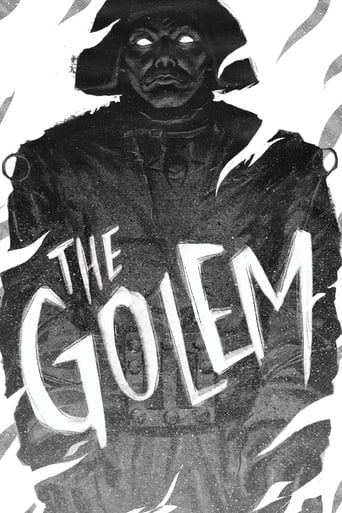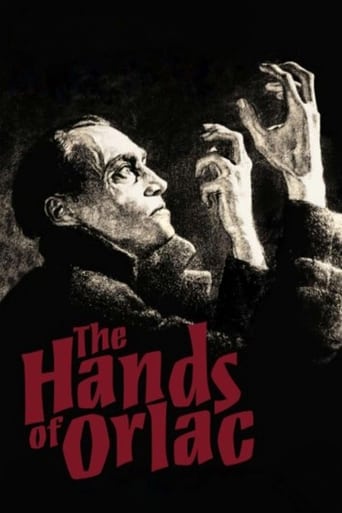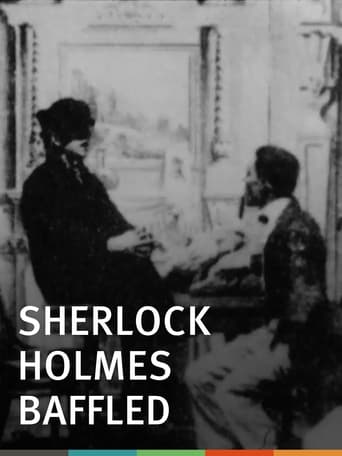

Sherlock Holmes Baffled (1900)
Sherlock Holmes enters his drawing room to find it being burgled, but on confronting the villain is surprised when the latter disappears.
Watch Trailer
Cast


Similar titles
Reviews
I agree with another reviewer who says this film is impossible to rate. Although the film is longer than the 30 seconds stated on IMDb (possibly due, in part, to the speed at which it was played but mine clocked in at about 50 seconds), there really isn't enough film to allow you to rate it. In addition, what you see seems to have NOTHING to do with Sherlock Holmes. In fact, it looks like it was inspired by the films of Georges Méliès--as it uses some of the same tricks this French master director used. Specifically, by stopping and restarting the camera, Arthur Marvin made characters appear and disappear in order to bedevil 'Sherlock Holmes'--who spends most of the film trying to catch this appearing and disappearing character. A strange little curio worth seeing once, but as I said before, it bears very little semblance to the Conan Doyle character.
Considering his currently being recognized as one of the most singularly celebrated and iconic fictional characters of literature and cinema, one could be excused for finding Sherlock Holmes Baffled to be somewhat of an underwhelming cinematic debut for the unconventional detective. A thirty second short involving Holmes struggling to capture a teleporting burglar hardly appears to capture the intrigue, suspense and logical foundation of Sir Arthur Conan Doyle's novels. In the end, the story itself hardly bears any similarities to the established Sherlock Holmes figure whatsoever, leading one to ruminate on whether it was even intended to be an adaptation of the character when first filmed (the 'Holmes' figure hardly fulfils any of the character's visual iconography). As such, the film remains predominantly a curiosity through its (essentially unnecessary) use of an established fictional character, demonstrating an early and unexpectedly poignant example of movie marketing and use of ancillary markets and art forms to attract viewers - consider how likely the film would be to be recognized were it not billed as 'the first on-screen appearance of Sherlock Holmes'. Nonetheless, to dismiss the film as a single piece of crude marketing or a one-note bit of early cinematic trickery would still be doing it a disservice. As thirty second investments of time go, there are by far enough developments transpiring in the short to merit its recognition, from the bizarre and vaguely comic performance of 'Holmes' to the inexplicable, seemingly supernatural process of the vanishing burglar, lending itself to a slew of metaphoric speculation. It is also worth noting that, lack of narrative arc or not, the film demonstrates an early example of the protagonist losing, as Holmes is unable to capture the burglar, remaining perpetually baffled, as the title would have it. As such, while complexity or narrative sophistication are hardly in store (not that extensive quantities of either within a thirty second short would be a realistic expectation), putting one's self in the position of early 1900s audiences watching the short, gasping at the seeming magic and desperate struggles of the protagonist allows for a wonderfully nostalgic throwback to the days when a (now) simple vanishing act would be sufficient to bewilder, amaze and thoroughly entertain audiences - in essence, all of the aims of contemporary cinema distilled to their most bare bones fundamentals. -8/10
It's impossible to rate this short curio from early film. At the time, film was just a little novelty item to show people something fun to watch for literal seconds in hand crank machines called Nickelodeons (which actually cost pennies most times until they were later projected on crude screens.) But Sherlock Holmes name was extremely well known at the time, and would guarantee several curious viewers. A simple film trick begun by George Melies in France where things seem to vanish by simply removing them from the camera's eye and resuming shooting. The "actor" playing the world's greatest detective looks the part but, as the title suggests is baffled by the disappearing-re-appearing burglar who loots the single room. Stationary cameras were common in those days before film found its more inventive directors and cinematographers, so again, there is really no way to rate these type films. They did what they were supposed to do - entertain in a few seconds - so, by those standards, the film does its job. I'm glad to finally own it as an addition to my own Sherlock Holmes collection.
No character, no plot, one set, trick photography but no camera movement--did anyone of the time consider these few seconds a harbinger of Holmes in the cinema? Not all of the stories had been written, and when this was made Holmes was still murdered by Professor Moriarty. Besides that, people weren't going to the movies in theaters yet, because no one was making any decent films in 1900: they were only considered nickel arcade curiosities. That's why it's neat to watch this little turn, once or twice; and to think about people who already knew who Sherlock Holmes was. But, I'm afraid the people who made the movie didn't!


